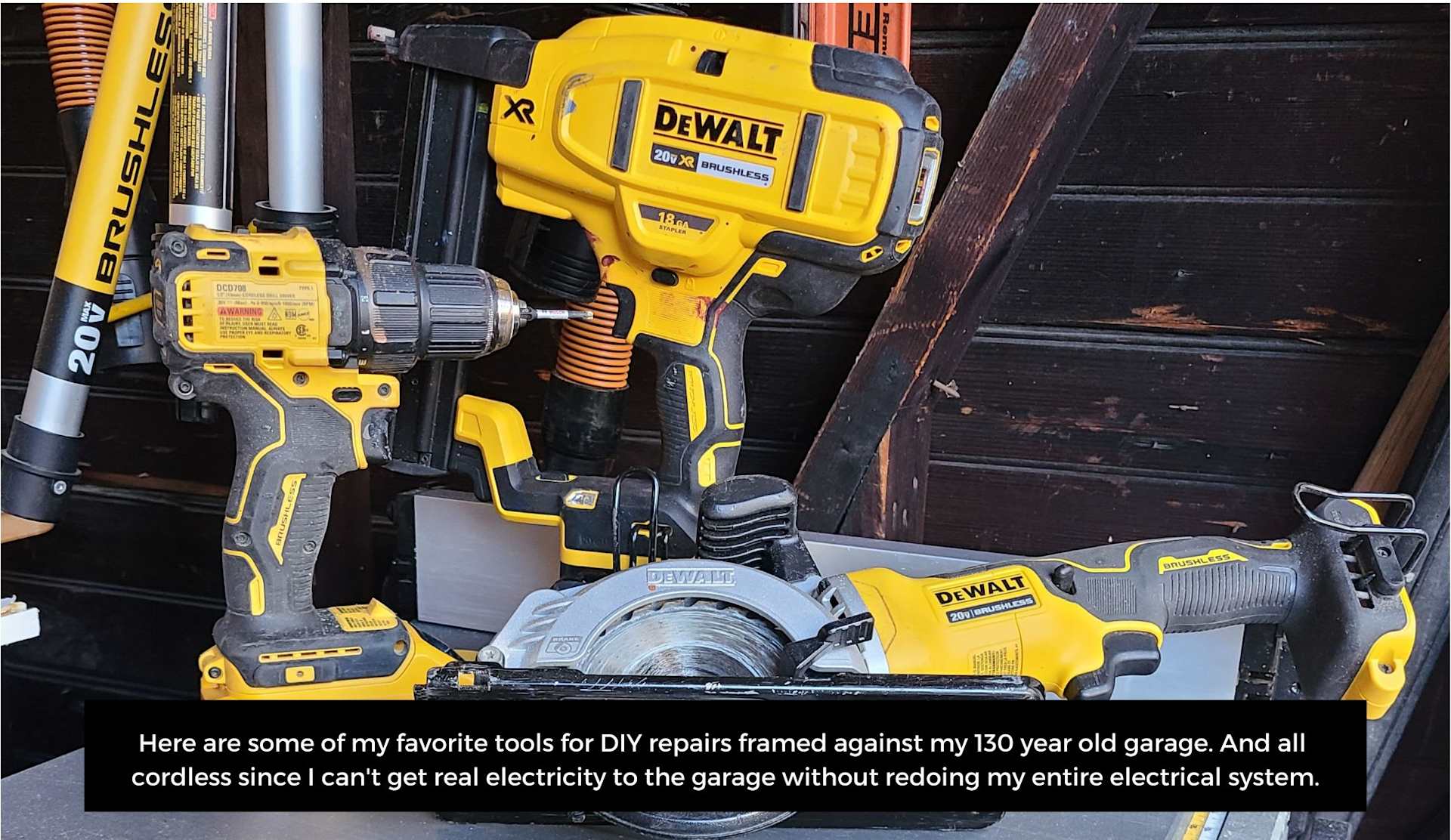If you are in the position to be purchasing your first home, let me start out by saying, "Congratulations!" For many reasons, this can be a daunting task. In this blog, I will share with you a few things to consider to assist you in zeroing in on your ideal home.
Deciding on a Particular House Based on Future Dynamics
This is my favorite category when it comes to choosing a house. For example, if a client can choose any of three units in a newly condo-sized triple-decker, which unit should they choose? The penthouse is a no-brainer for me personally due to the extra light, fresher air, and nobody stomping over my head. That said, if the plan is to have a couple of babies in the next five years, and this purchase is a 10-year purchase, I would undoubtedly take the 1st floor in order to prevent fatalities of toddlers falling through a screen window, in addition to the more minor inconveniences. Speaking of inconveniences, here are two riddles I love to use to illustrate these points with clients and agents alike:Riddle #1
What do you do when you live on the third floor and you have a 3-month-old, a 3-year-old, and four bags of groceries AND there’s no parking? Answer: You carry the 3-month-old up two flights of stairs while seriously encouraging the 3-year-old to walk up the stairs after you. Then the 3-month-old goes into the playpen and the 3-year-old gets the iPad. After that, you walk a block (or so) to your car to grab the groceries, but it's going to take two trips. Meanwhile, you leave your kids by themselves on the 3rd-floor apartment with thoughts of house fires, accidents, and neighbors calling social services crossing your mind, but you try not to worry about it.
Riddle #2
What do you do when you live on the second floor, you’re super laid back, you have a big presentation at work for which you have to wake up at 6 am, and your upstairs neighbor comes home at 2 am walking around with his dress shoes and wakes you up? You roll out of bed to get a glass of water, walk barefoot, and go back to your room when someone starts pounding on your door. It turns out it’s your downstairs neighbor whose infant just happened to wake up when you were walking to the kitchen, and they’re furious with you for being so noisy. Answer: You use all your calming techniques so you can fall back asleep in order to salvage your energy for your big presentation. And for the next month, you try really hard not to be bitter about being stuck between a rock (dress shoes at 2 am) and a hard place (baby waking up and being blamed for it), and you spend more hours than you can count daydreaming about living in a single-family home.
Challenges of Owning a Home
From septic systems and wells to condo associations and noise ordinances, the range of home ownership issues can be incredibly daunting, especially for the first-time owner. Every choice can feel fraught with risk, especially if one’s savings rate is $1,000/month but a new boiler can cost $12,000, or a new roof $15,000. But there are a lot of services in place for buyers in navigating these dynamics.A home inspection is a great way to learn about home ownership and, even better, it's like getting a 2-hour presentation on the actual house you’re buying. Your real estate agent is also a really good resource, and their broker (me!) is always a wealth of knowledge since I’m always compiling information from all of our agents and my own experiences. Sometimes customers feel shy about bothering their agent after closing on their property, but it’s really important to understand that our services are never-ending. Closing is just another date in a long timeline of the client-Real Estate Agent relationship. I find that constant contact with a homeowner during their ownership helps me keep learning and growing, while also giving the client access to the most up-to-date house technologies, service provider options, and market dynamics.
Home Repairs

Other dynamics that are important to think about are future repairs. I usually say that a 25-year-old unrenovated home is a money trap. Everything from boilers to roofs to windows and kitchens and bathrooms has a lifespan of about 25 years. If a place is 25 years old, it’s going to need everything replaced in the next 10 years of your ownership, assuming that things were super well maintained and last longer than average. The costs can really add up! Sometimes it’s better to have an 80-year-old kitchen that’s been well maintained because the construction materials are simple and everlasting, while the style can be timeless and you can keep it the same for another 100 years.
Same thing with a 40-year-old boiler - some of the really old boilers, because of their inefficiency, can last virtually forever. So while you’re losing a lot of money on utilities, like $200/month or more, you’re at least not having to deal with a surprise $10k replacement cost. Of course, you don’t always have to go original historic, keeping to places that have been renovated in the past 10 years or less is also a safe way to mitigate large future costs. That said, I generally recommend having enough cushion to cover an average of $400-$500/month for repairs and maintenance in the long term.




